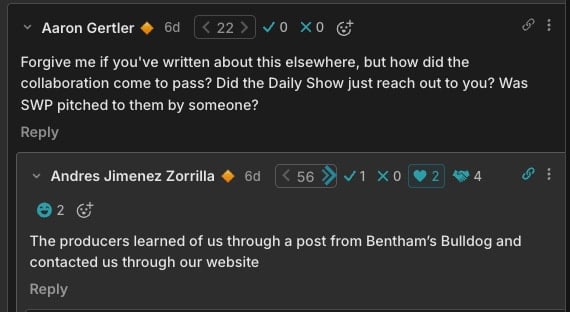Zach Robinson writes: 'In my role at CEA, I embrace an approach to EA that I (and others) refer to as “principles-first”.'
Patrick Gruban responds: 'an approach focussed on principles...could be more powerful when there is broader stakeholder consensus on what they are.'
I've definitely noticed that EA manifests slightly differently in different places. I think it would be helpful to discuss:
- What principles do you have that you view as core to your engagement with EA? Do you have any principles you hold as important but think are less relevant to EA?
- What are principles you think people, groups, and organisations in EA tend to have, or should have, or wish they had? Is there a gap here in either direction?
- What are your thoughts on the relative importance of various principles?
- Do you think EA principles have changed, should change, or should stay the same over time?
- What principles do you think are easier or harder to live up to?
- What does a 'principles-first approach' mean to you? Do you think this is a helpful way to frame what we ought to do? Are there other frames you think would be more, or differently useful?
(Here is CEA's list of core principles that Zach references)




The core of EA is to provide tools for optimizing the marginal impact of altruistic individual efforts given a large array of preferences and beliefs.
The most natural application is selecting optimal recipients of donations for any possible worldview.